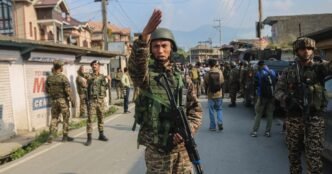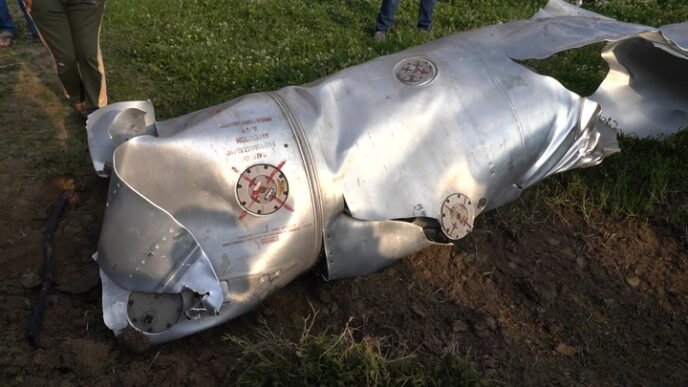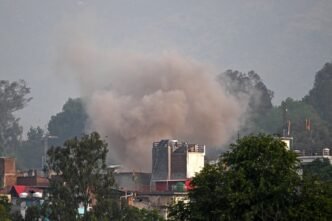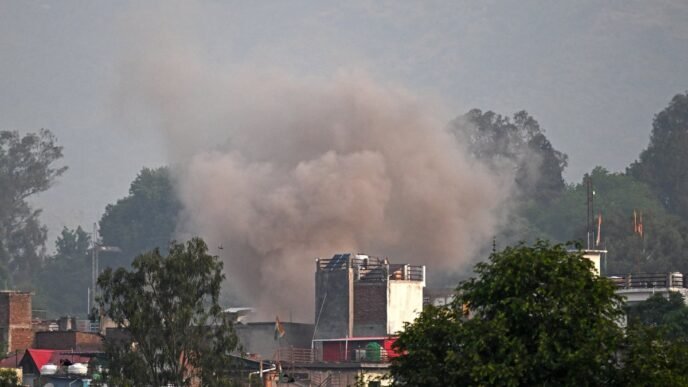The mountainous state of Jammu and Kashmir, which at the time was still a kingdom, soon became a flashpoint. Pakistan backed an insurgency there, leading to the first war with India.
Kashmir’s Maharaja Hari Singh sought help from the Indian milit in exchange for ceding territory, and in Janu 1949 the war ended in a ceasefire after U.N. intervention. Details of the agreement, under which the two new and unstable countries controlled parts of Kashmir, have been disputed ever since.
1965
Pakistan, still hoping to gain control of the mountainous region, launched an incursion across the ceasefire line. India responded by sending ground troops into the Pakistan-controlled areas.
The fighting spread beyond Kashmir, with large mobilizations of aerial and ground forces and some of the largest tank battles in history. This conflict was ultimately settled with another U.N.-brokered ceasefire.
1971
Voters in what was then known as East Pakistan sought autonomy from West Pakistan, and fighting broke out in 1971. The nation of Bangladesh was born after a nine-month war.
The conflict triggered another wave of displacements, with millions leaving formerly East Pakistan for India. New Delhi used the conflict to back guerrilla forces fighting the Pakistani army. India’s involvement opened a new front with Pakistan, which launched aerial attacks in late 1971. The Pakistani army ultimately surrendered in Dhaka, which became the capital of Bangladesh.
As part of agreements following the war, the existing ceasefire line between India and Pakistan in Kashmir was ratified in 1972. The “Line of Control” remains the de facto border between the two countries.
In 1974, India became a nuclear power.
1989
A yearslong armed resistance broke out in Indian-administered Kashmir amid resentment over Indian rule.
1999
As the Soviet Union pulled out of Afghanistan after a decadelong occupation, Islamic jihadist fighters began infiltrating across the Line of Control into Kashmir.
Meanwhile, Pakistan, which became a nuclear power in 1998, backed the anti-Indian uprising in Kashmir and its troops entered the region. India and Pakistan then engaged in a high-altitude war in and around the city of Kargil. Both sides suffered hundreds of casualties, and thousands of people fled their homes.













